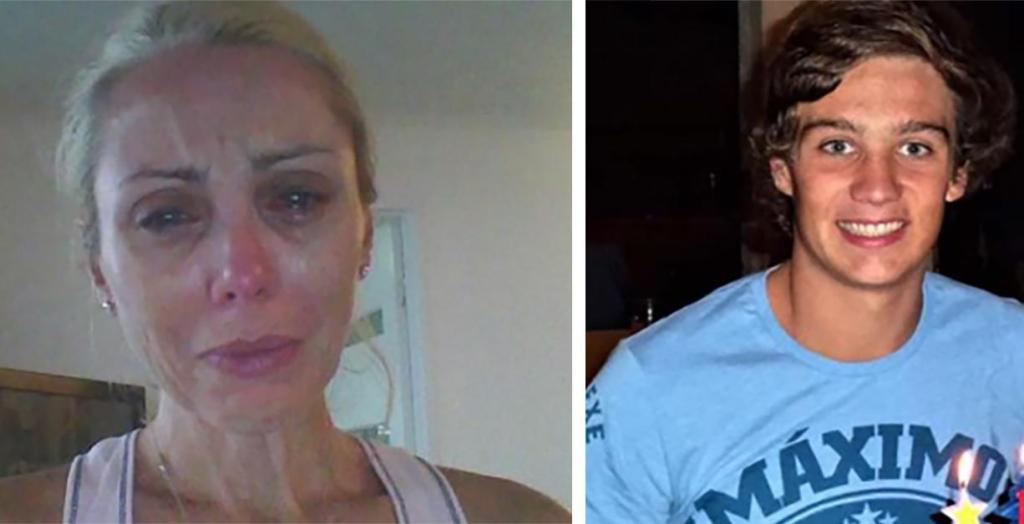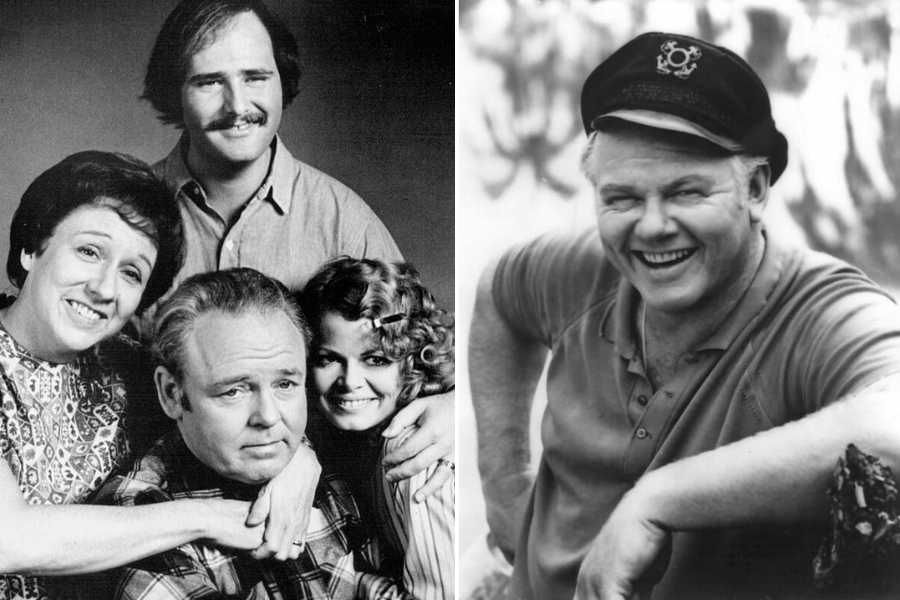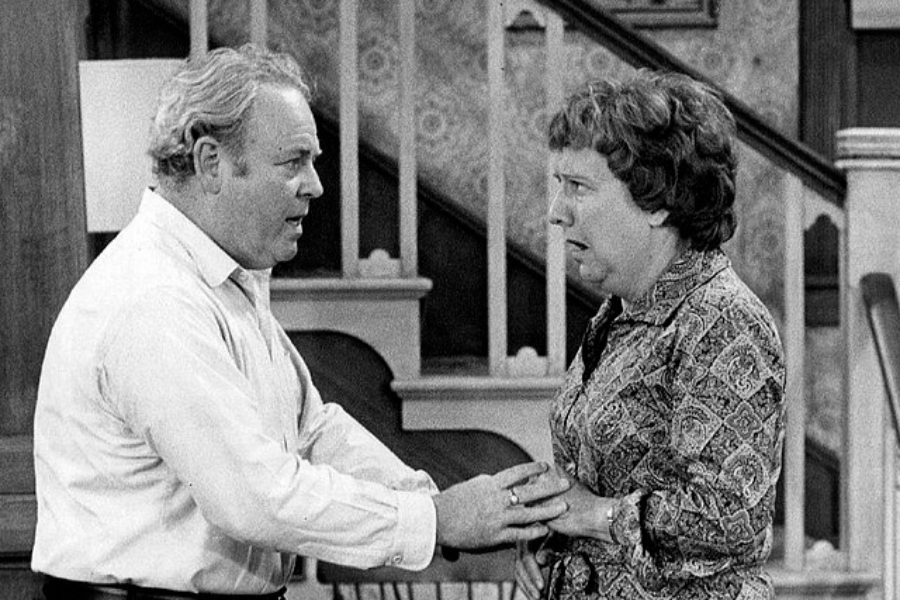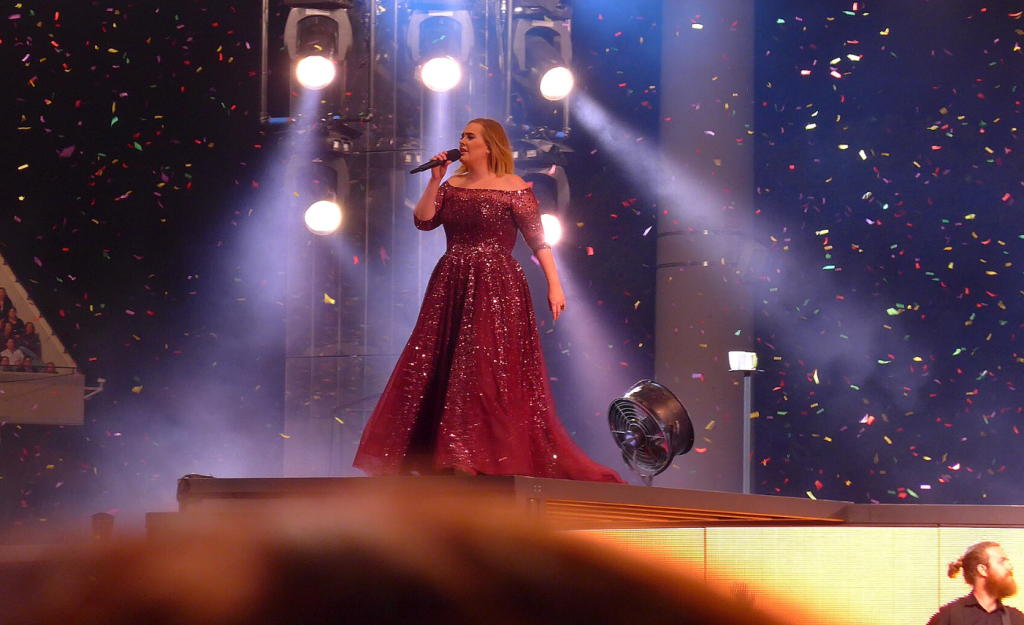This article originally appeared on September 13, 2019
Losing a child is a pain that many of us simply cannot comprehend. Given how much mothers and fathers love their sons and daughters, we can only begin to imagine how much pain they would feel when something terrible happens to their children. But for Melissa Hayes-McGuinness, a mom from Australia, the pain is even greater.
Her son, Jordan, died in a car crash in December 2012 at the age of 18. As did five other people who were unfortunate enough to cross Jordan when he was drink and drug driving at high speeds down a Gold Coast highway following a Christmas party. The five victims were sitting in a broken-down car waiting for help when Jordan collided with them at speeds of up to 87 miles per hour.
The sheer force of the crash caused the parked car to burst into flames. The only survivor was the 16-year-old driver of the parked car, who had to climb over his friends to escape the burning vehicle and suffered from severe burns and a head injury that still affects his memory to this day.
Among those killed in the parked car were a 20 and 23-year-old, their 15-month-old girl was orphaned. The other victims were 16, 17, and 18.
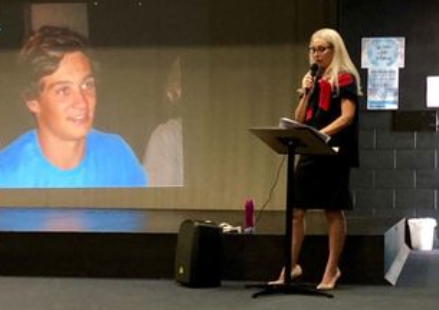
As you can imagine, Melissa has to deal with unimaginable grief on a daily basis. Not only for her son, but for those he killed, and those they left behind. But thankfully, Melissa has found a way to channel that grief positively. Every year, she travels across Australia speaking to teenagers about road safety. As part of her talks, she reads an incredibly powerful speech which she calls “Jordan’s confession.”
Her speech reads, in part:
“I would give anything that night to have just hit a tree and not left this horrendous legacy,” Melissa begins. “Those kids didn’t deserve what happened to them. In truth, I guess I did.”
“I screwed up and paid the ultimate price. What I did was unforgivable,” McGuinness continues, speaking on behalf of her son and addressing the orphaned girl, “I’m the reason you’ll never see your mummy and daddy [again].”
Throughout the speech, Melissa shows photos of her son, including on his last day of school. Then, the photos changed to a news clip of the accident, showing blue flashing lights and twisted metal.
“Jordan was smart. Jordan was funny. Jordan was a great person, but none of that means anything now. None of it,” McGuinness continues to tell the teenagers sitting in silence before her, many of whom are usually crying at this point.
“That’s because he defined himself by his choices that night. He shaped a terrible and permanent legacy for himself, his family and his victims’ families because he chose to drink, smoke [marijuana] and speed down that highway.”
“And everything he did before that just pales in comparison.”
“As much as there are hundreds of reasons to be proud of Jordan… he died in shame,” his mother tells them, “This is how he’s going to be remembered. There’s no getting around that.
“My husband and I did not raise him to think that drink or drug driving was acceptable behavior, yet I stand up here as the mother of a kid responsible for the death of four kids from drinking and drug driving.”
“Think of all the good stuff that you’ve done. Think of all the effort you’ve put into your life. Think of all the effort people who have loved you put into your life. And imagine all of that being wiped out by one stupid choice. Because that’s the brutal reality of what happens.”
“I still love Jordan profoundly, I miss him terribly… but this can’t be sugarcoated. He defined himself permanently by his actions that night.
“There are accidents and there are choices. Jordan didn’t have an accident that night. That’s what happened to his victims. Jordan made a choice.”
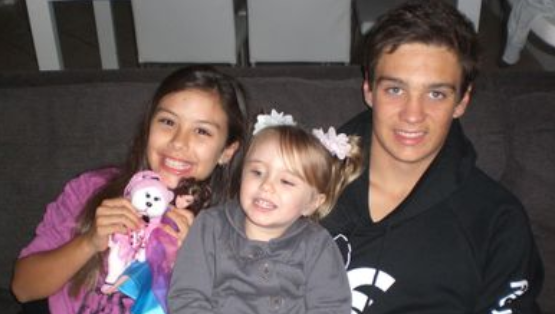
Melissa affectionately calls the teenagers she’s talking to, particularly boys, “dirtbags.” Why? Because they often think they’re “ten foot tall and bullet-proof.”
Following the death of her son and his victims, Melissa started the You Choose – Youth Road Safety campaign. It teaches young drivers about the devastating, life-long consequences of being reckless behind the wheel.
Melissa knew that most teenagers won’t learn anything through a lecture, so instead, she channels her own grief by telling her own story.
“I’m not lecturing them about right or wrong, I’m demonstrating through actual lived experience what it’s like to be on the receiving-end of what I was,” Melissa told Yahoo News.
“I show them a clip from Jordan’s memorial ceremony and I ask them to imagine while they’re watching it what it might be like if their family was in the same predicament that my family’s [going through].”
“But pretty much just taking them on this entire grief journey from where it started—as the excited teenager about to start his life to the horrible accident through one stupid choice one night. Then what it looked like for everybody else involved.”
“The thing with… Jordan is he’s relatable because he’s just like any other kid there that’s sitting in that auditorium… and I’m also relatable as the mum.”
“[Through Jordan they’re shown] this great kid that made this one stupid choice that could be any of those kids. Any of them.”
Melissa says her talks are so powerful because she’s the “perpetrator’s mother.”
The guilt of her son’s actions have weighed so heavily on Melissa that she often felt like she “didn’t have a right to grieve her son”.
“Those kids were innocent kids, they were doing nothing wrong and my son behaved 100 percent irresponsibly and was completely responsible for their deaths.”
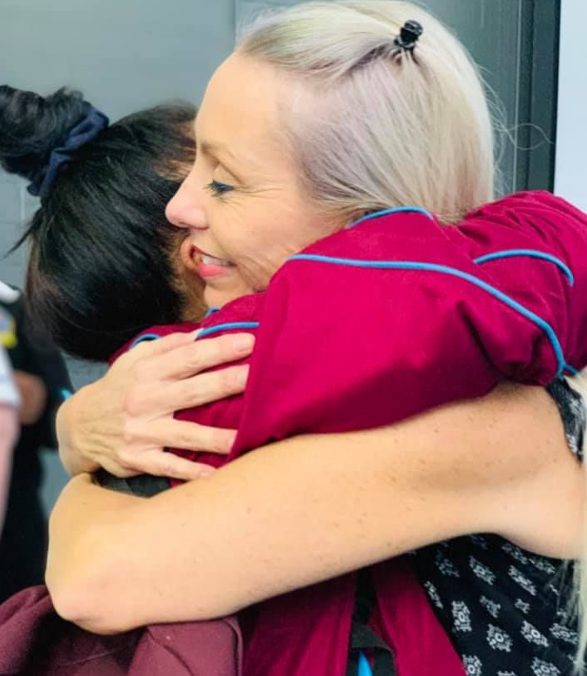
Each time Melissa talks to a group of kids, it gets a little easier for her. It gets easier to watch footage from the crash, and somehow, it gets easier to watch footage of Jordan’s then 10-year-old sister breaking down at the memorial service.
But one thing doesn’t change. The reaction from the kids she’s speaking to. Melissa says that no matter the type of school or the age of the kids, with very little encouragement, the kids always swarm her with hugs at the end of her speech. In most instances, she says, the instigator is usually the “biggest dirtbag in the room”
“I have a remarkable story to tell. It’s the worst story. And I feel really compelled to share that with teenage kids,” she told 9now.
“This is what is left behind: Here is the mum that has to attend your funeral, has to pick up the pieces. That car can become your own coffin.”
